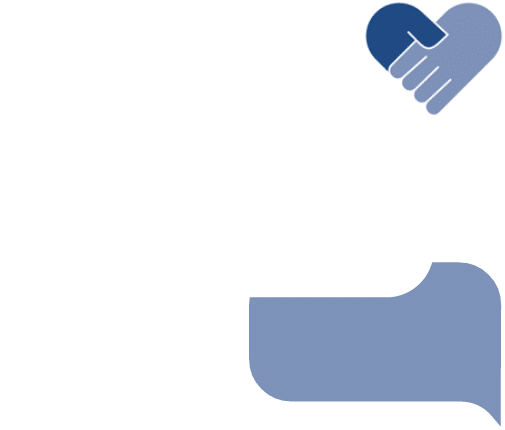Professional Family, Addiction, & Mental Health Disorder Intervention Services in Oregon, the Pacific Northwest, and Nationwide
Our Interventionists, Intervention Coordinators, Family Recovery Coaches, and Administrative Staff Help Families and their Loved ones in Oregon with Addiction and Mental Health Disorders through our S.A.F.E.® (Self Awareness Family Education™) Intervention Services Program
Addiction and Mental Health have been difficult for families to witness when someone close to them can’t seem to turn things around. Seeing a loved one struggle with no end may cause many to give up hope. The increase in addiction and mental health since 2020 has been overwhelming. The legalization of marijuana has created a surge in demand for our addiction and mental health intervention services in Oregon and elsewhere across the country. Regardless of the mental health disorder or the drug of choice, whether alcohol, marijuana, fentanyl, or methamphetamines, addiction, and mental health take a toll on the ones suffering from it and equally as much on the ones who love them the most: their families. We wish there were more resources available and fewer drugs and alcohol available, and that is not the case. So, to help your loved one, we must help you first.
Many families in Oregon and just about everywhere else in the country are often told their loved ones must be the ones to ask for help, and nothing can be done until they do. Some say they must hit bottom before this happens, and there is some truth to these beliefs. Where we believe treatment fails is the lack of family education and involvement. Most treatment centers in Oregon and everywhere else have a watered-down version of a family program or a family week. Many Interventionists in Oregon and across the country deliver their intervention services the same way the treatment center does, focusing only on the addiction and mental health and not including the family and the environment of the substance user or person with mental health concerns. Unfortunately, this is a big reason families watch their loved ones attend multiple treatment centers and have lost faith in interventions. If the only thing that changes is the person going to treatment, then it is almost inevitable they will return home to the same environment and family system they left for a short time. Our S.A.F.E.® Intervention Services in Oregon and Nationwide work with treatment centers, your family, and your loved one to build an integrated team to hold your loved one, the family, and the treatment center accountable for the outcome. We must avoid believing the person going to treatment for thirty days only to return to the same backdrop with nothing else changing is a successful attempt at treatment. In the substance users’ defense, why wouldn’t they return to their old ways if nothing changes? The most successful way to increase mental health and addiction outcomes is to change everything. We have found that changing the environment, which is clinically proven to be one of the number one predictors of relapse and outcomes, and the family, which is a large part of the environment, leads to far more success stories than when family and environment are not addressed.
Why don’t treatment centers do this, you’re probably wondering. The answer is simple: they can’t charge or bill insurance for family programming. If families want to improve to increase their and their loved one’s chances for a successful outcome, they must first take charge of their recovery. When the family enters their recovery and holds the treatment center and their loved one accountable for the manipulative behaviors and sending their loved one off with an early and ineffective discharge, success rates increase.
Meet Our Experienced Intervention Counselors
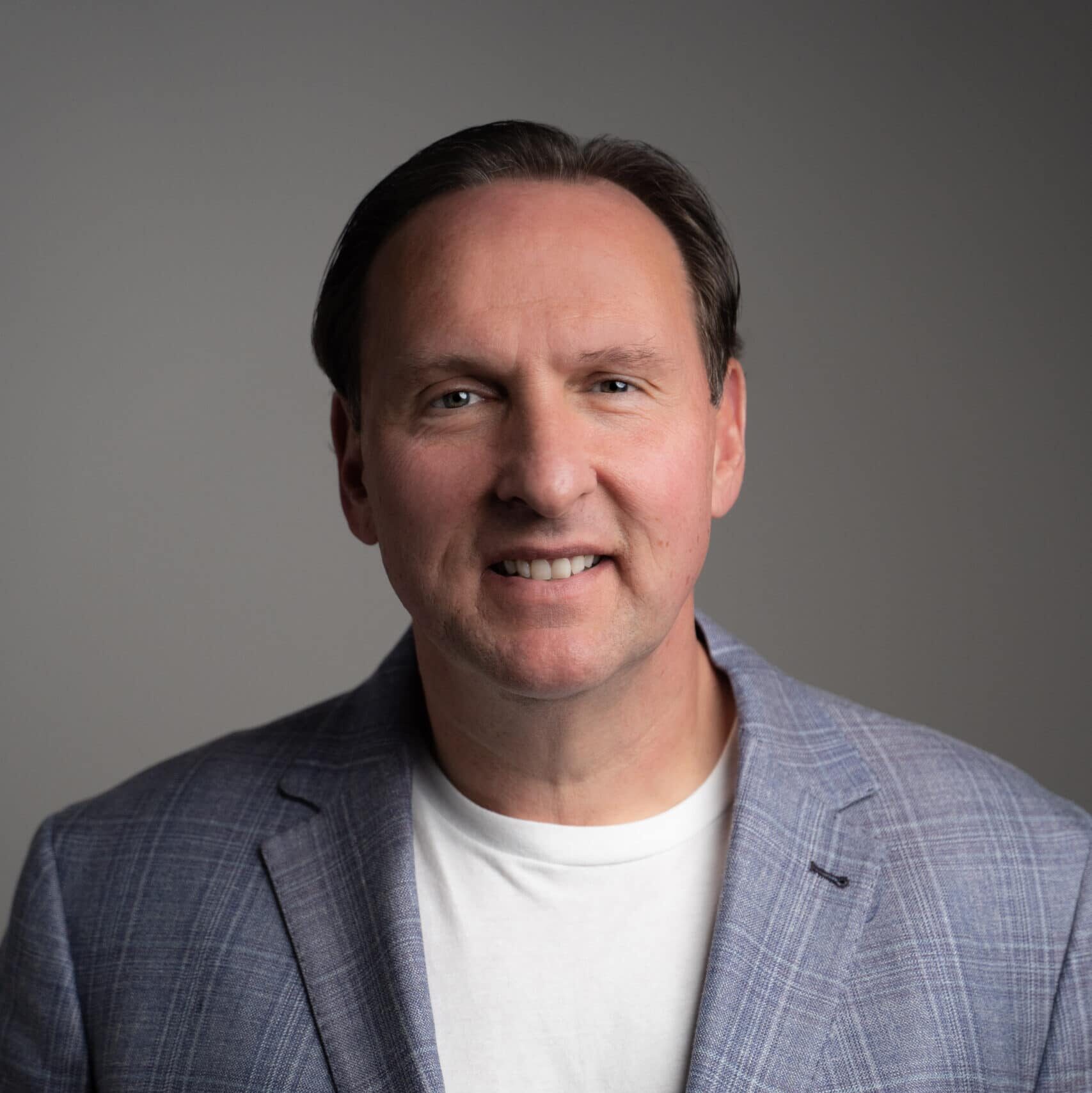
Mike Loverde, MHS, CIP
Clinical Director & Founder, Family First Intervention



Lisa Loverde, CADC
CFO & Compliance Officer
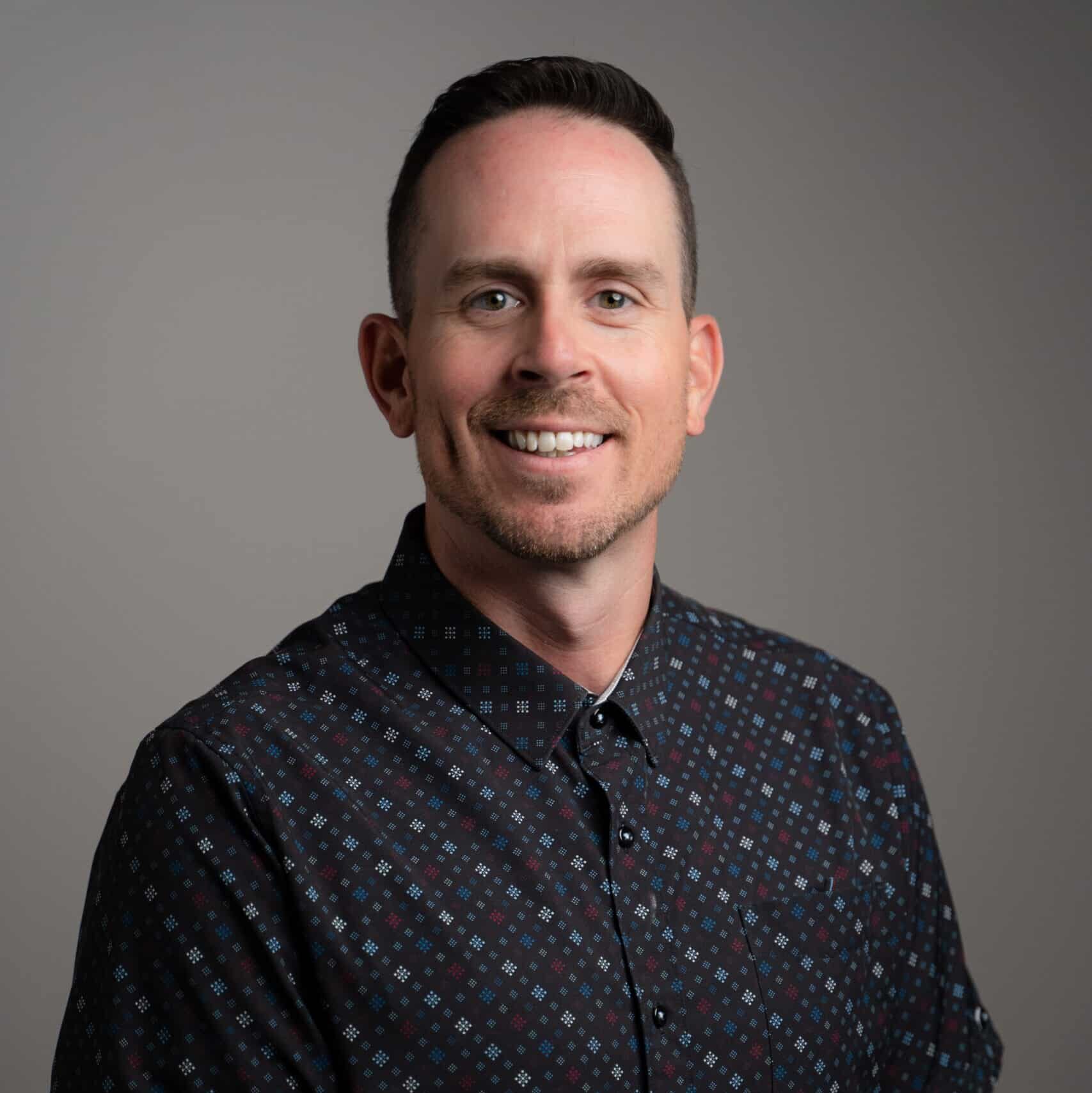


Adam Faulkner
CEO
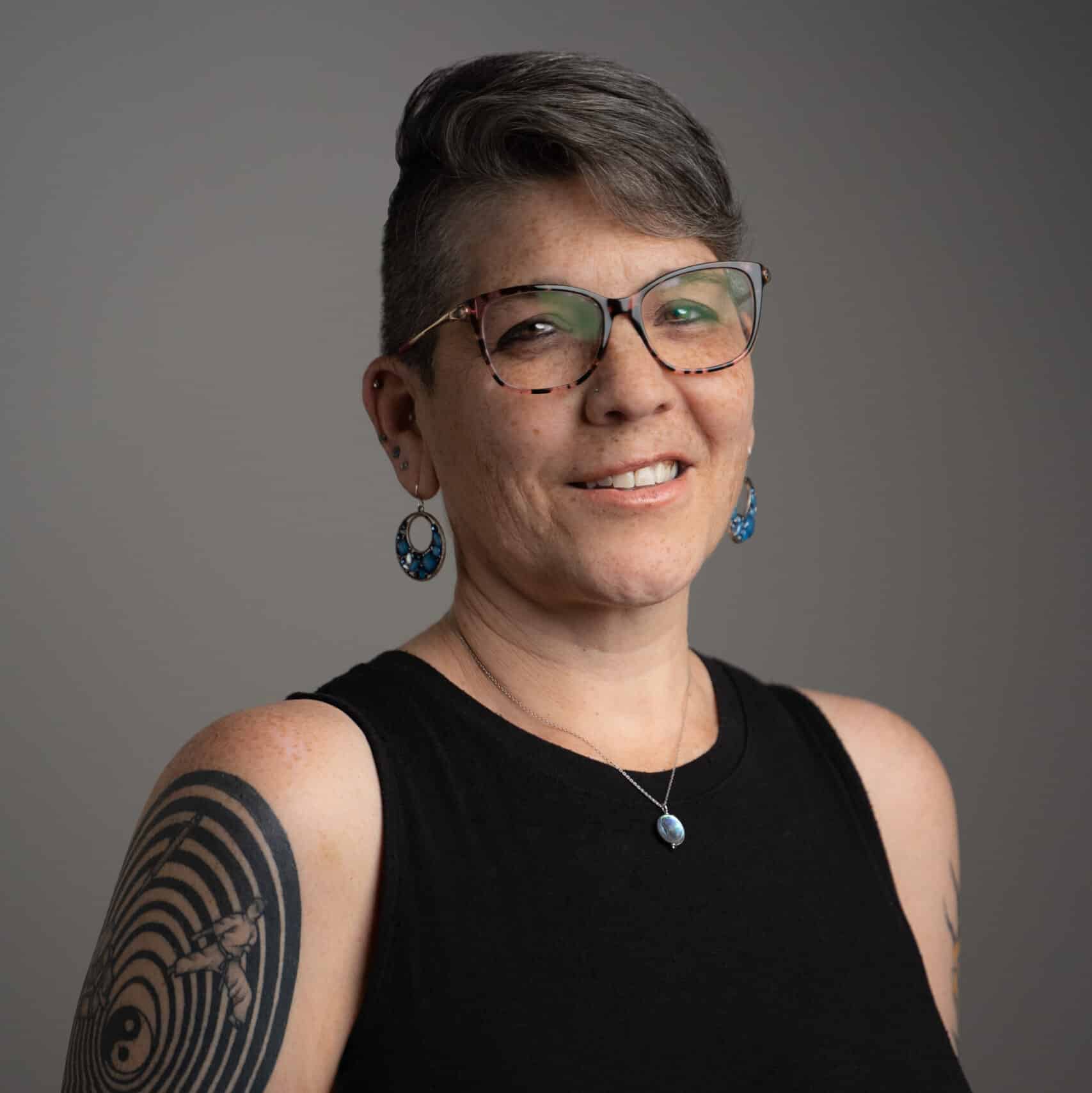


Regina Greene, MS, NLP, Psy.D. (Doctoral Candidate)
Director of S.A.F.E.® Family Recovery
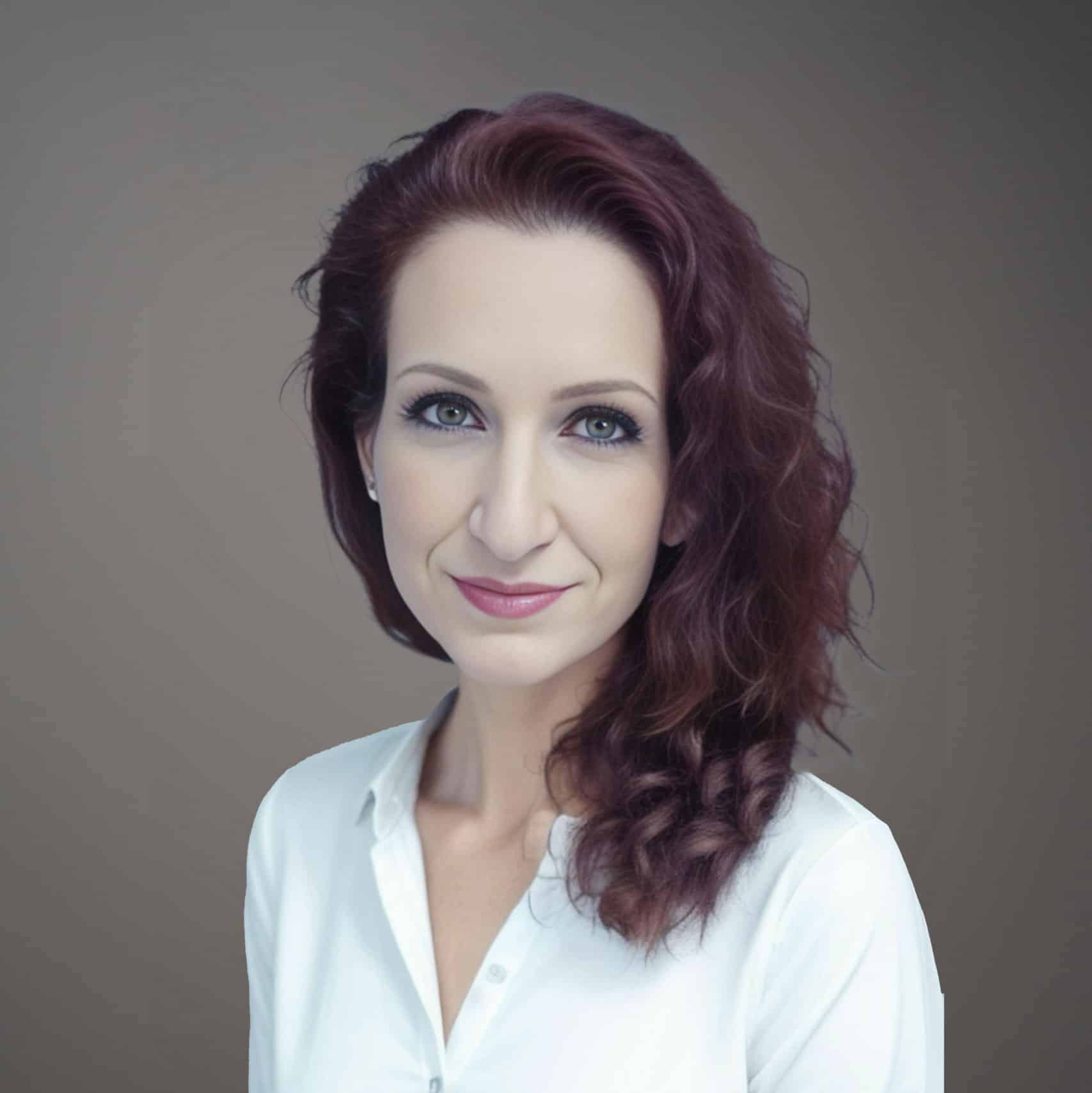


Lydia Negron, MT-BC
S.A.F.E.® Family Recovery & Post Intervention Support
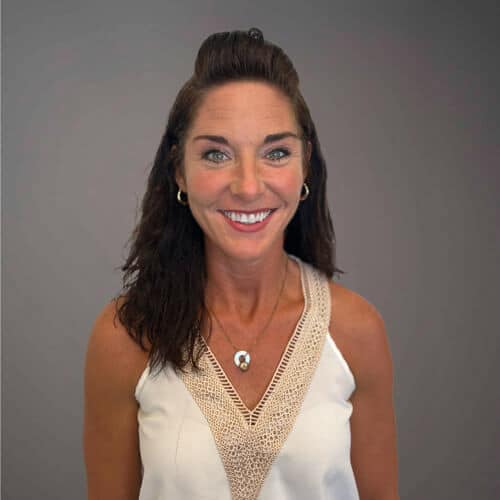


Meghan Gaydos, MA
S.A.F.E.® Family Recovery & Post Intervention Support
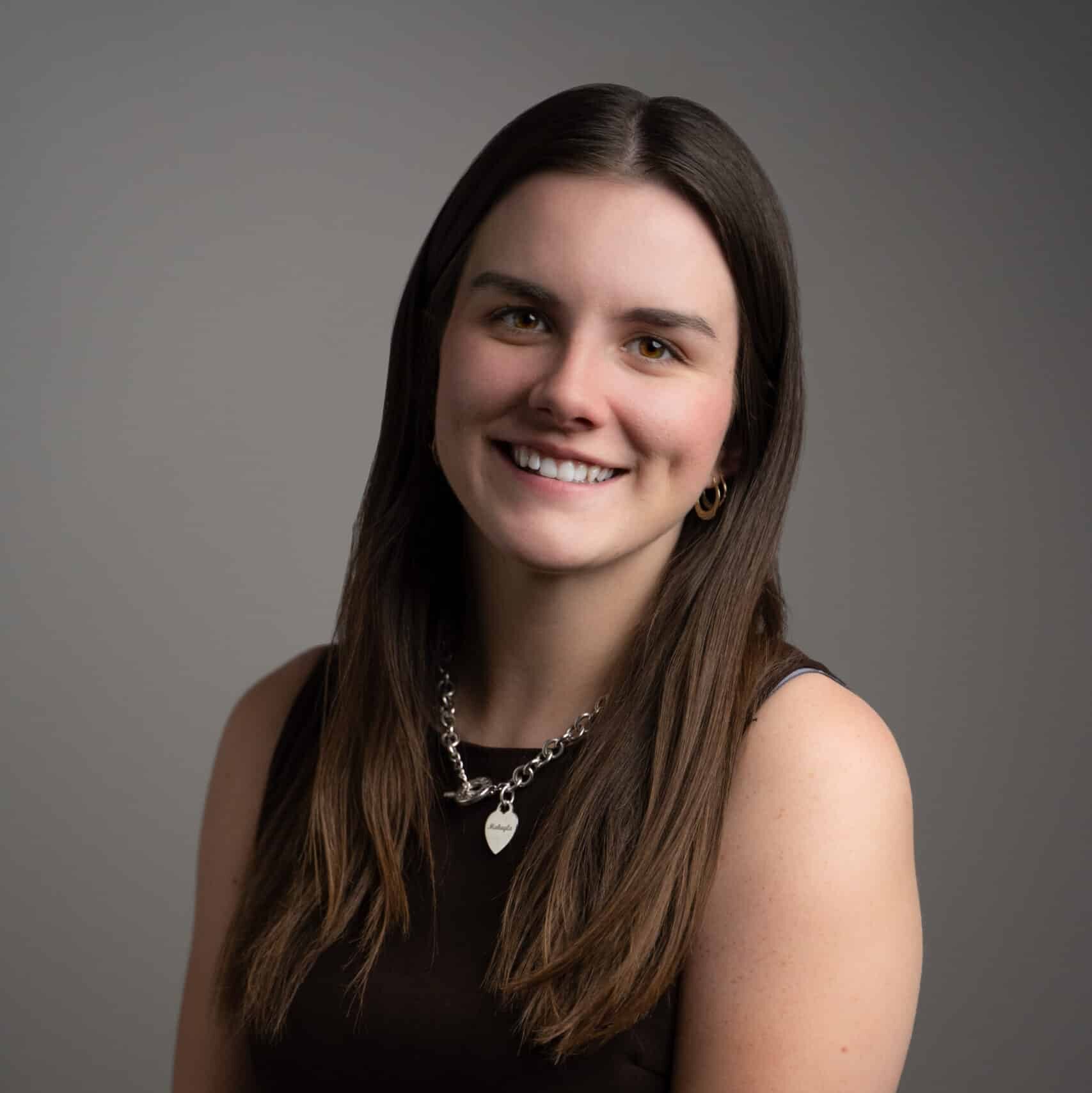


Makayla Zubal
Administrative Assistant
An intervention is not about how to control your loved one with a substance use or mental health disorder; it is about learning how to let go of believing you can.
How our S.A.F.E.® Intervention Services and Family Recovery Coaching in Oregon Can Help Your Family and Your Loved One
As stated in the information above, we bring the family into recovery. Starting with your first call, we attempt to help all concerned family members understand how our addiction and mental health intervention services work. Once your family has agreed to the intervention, we start our clinical assessment process. Utilizing the information provided by the family and the history of your loved one, we put together a treatment plan for you to approve before the intervention. Once we select the days and times for the two to three-day process of the face-to-face intervention, we choose the interventionists and arrange travel. Family First Intervention is an intervention services provider in Oregon and the United States. We may or may not use a professional interventionist in Oregon for your family and your loved one. One of the other significant predictors of addiction and mental health outcomes is the client/counselor relationship. Our local professional and other local Oregon interventionists you find may not be the best fit for your needs. Having several interventionists, we can select from a pool of talent to check all the boxes for what your family and loved one require.
Once our professional interventionist arrives in Oregon or anywhere else you require us to be, our interventionist and your family will process our S.A.F.E.® Intervention Services and Family Recovery Coaching manual with all participants. Please be aware that your loved one needing help is not part of this stage, nor should they know the intervention is happening unless you and your intervention coordinator have discussed special arrangements. Throughout the family day, we will discuss the importance of your family recovery engagement after the intervention. Family First Intervention differs from every other intervention services provider in our work after the intervention when families need us most.
Interventions are at their most challenging point three to five days after the intervention when the change and reality of what has happened sink in. As family systems repair themselves and the loved one with mental health or addiction starts detoxing and has their medication adjusted, they will come at the family in some form of volatile behavior. It is not if this happens; it is when this happens. To support you through this, our Family Recovery Coaching team will do an initial call after the intervention and get you on schedule with your assigned Family Recovery Coach once completed. In our S.A.F.E.® program, you will have access to several different groups, and providing you are a regular participant and engaged in our program, you will have access to us individually for crises. The whole goal is to help you with your family’s recovery so you can better help your loved ones in their addiction and mental health recovery.
Mental Health and Addiction Intervention Services Resources in Oregon, the Pacific Northwest, and Nationwide
Families and their loved ones with mental health disorders and addiction concerns in Oregon have options. Most states have several free and local resources; many are short-term. These programs may be a great fit and help for some, but for others, they may not be. The same goes for choosing one local addiction and mental health interventionist in Oregon.
Along with the environment, the client-counselor relationship is the number one predictor of outcomes. Where your loved one goes to treatment and who helps them get there is essential because both decisions involve the environment and the client-counselor relationship. A local Oregon Interventionist who operates alone may be a good fit for your loved one, and are they the right fit for your family? They may be the right fit for your family and not the right fit for your loved one. Family First Intervention has many staff members between our office and field interventionists with different education, backgrounds, and experiences. What makes us different is our ability to choose from our talent pool who will be the most appropriate addiction and mental health interventionist for your loved one and the most suitable family recovery coach after the intervention for your family. Additionally, we can help you decide on the most effective treatment plan. The treatment plan may be in Oregon, and it may not be as the interventionist may be local to Oregon, and they may not be.
Several resources are available in Oregon, the Pacific Northwest, and the rest of the country. When you have a team of people to help you navigate these resources, you allow yourself the ability to make informed decisions. Settling on a local interventionist with no support staff who only works with a few treatment centers limits your family and your loved one’s ability to succeed.
“The most formidable challenge we professionals face is families not accepting our suggested solutions. Rather, they only hear us challenging theirs. Interventions are as much about families letting go of old ideas as they are about being open to new ones. Before a family can do something about the problem, they must stop allowing the problem to persist. These same thoughts and principles apply to your loved one in need of help.”
Mike Loverde, MHS, CIP


